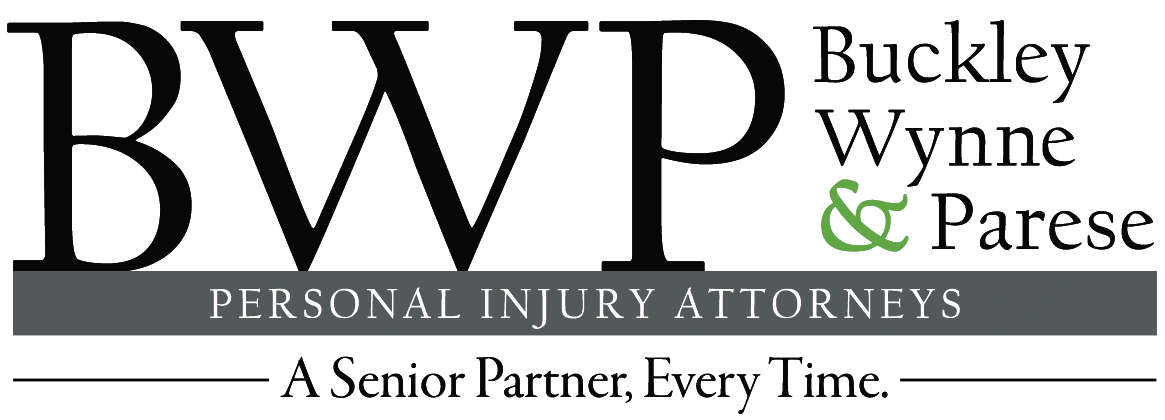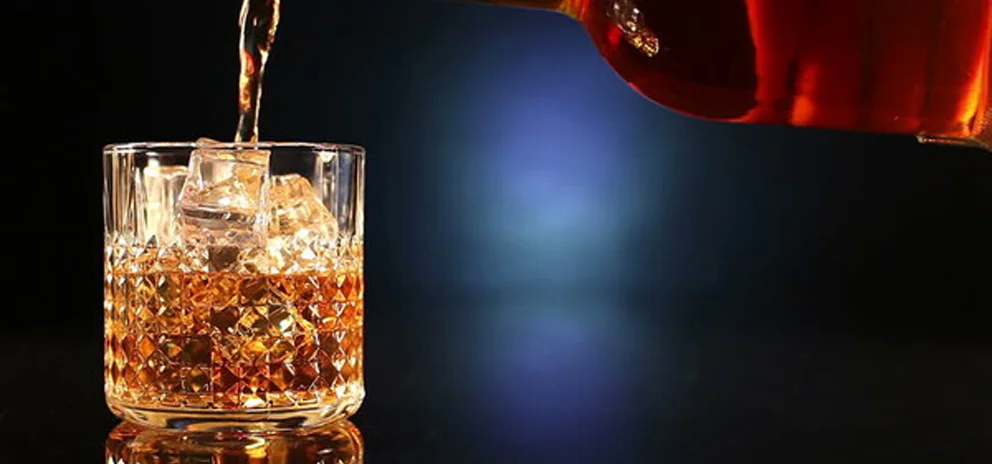Getting Served for Serving Alcohol
Dram shop laws allow an individual to sue bars and restaurants if one of their patrons causes damage or injury to another person after being served while intoxicated. Essentially, the claim is that the individual was served alcohol when he or she was already intoxicated, which caused or helped to cause the accident. Forty-three states and the District of Columbia currently have dram shop laws.
To prevail under Conn. Gen. Stat. § 30-102, the plaintiff must prove that the establishment sold alcohol to the individual; that said individual was intoxicated; and that the intoxicated person caused injury to the person or property of the plaintiff because of his or her intoxication. In 2003, the Connecticut Supreme Court held that the dram shop act allowed for both recovery under the dram shop statute and a claim of negligence where the intoxicated individual is under 21 years of age.
What is an “intoxicated person?”
This issue has been the subject of a lot of litigation because the statute does not define “intoxicated person.” The court held that, “[w]hen it is apparent that a person is under the influence of liquor, when his manner is unusual or abnormal and is reflected in his walk or conversation, when his ordinary judgment or common sense are disturbed or his usual will power temporarily suspended, when these or similar symptoms result from the use of liquor and are manifest, a person may be found to be intoxicated.”
Are there limits to liability?
Yes. In Connecticut, you can only recover up to $250,000 in a single accident.
There are also some procedural requirements which must be followed. You must provide the seller with written notice of your intention to sue within 120 days of the incident or 180 days in the case of death or incapacity of the injured party. Additionally, there is a one-year statute of limitations for filing a claim under the dram shop act. Contact Buckley, Wynne & Parese to know your rights by calling 203-776-2278 or visiting www.bwplaw.com.

Serving All of Connecticut
Free Evaluation 24/7
We understand the stress of dealing with an injury. Our team is here to provide compassionate support and effective legal representation, statewide.

